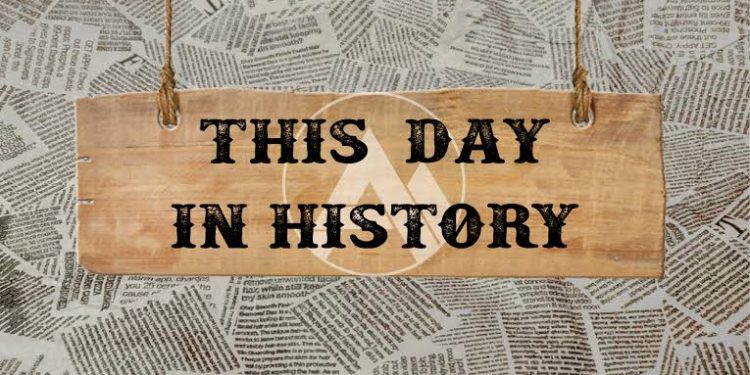Study the historian before you begin to study the facts. Edward Hallett Carr, British historian (1892-1982)
List of historical events
1. Argentina Elected its First Female President
Cristina Fernández de Kirchner won Argentina’s 2007 presidential election with over 45% of votes cast on October 28. She was re-elected to office again in 2011, this time with over 50% of the votes cast. Kirchner was not the first woman to serve as Argentina’s president, but she was the first one to be elected. Isabel Martínez de Perón served as the country’s head of state after her husband, President Juan Perón, died in office. When she was sworn in to replace her husband on July 1, 1974, she then became the first woman to be a president of any country to date.
2. Fire Broke Out between Two Metro Stations in Baku
On this day in history in 1995 the fire outbreak between two metro stations in Baku was thought to be one of the deadliest subway disasters in history, the fire started as a result of old and faulty wiring. Over 300 people traveling in a train between Ulduz and Narimanov stations in Azerbaijan’s capital city were killed as smoke filled the subway tunnels.
3. Germany expelled Polish jews
On this day in history in 1938 Germany expelled about 17000 Polish Jews and sent them to Poland which refused to take them in.
Read also: October 27th this day in history
More events
4. US Congress Passes the Volstead Act
On this day in history in 1919 The act enumerated ways to enforce Prohibition. The 18th Amendment to the Constitution implemented Prohibition in the country. The amendment made it illegal to produce, sell, or transport alcohol in the US except for medical or religious purposes. The act was named after Andrew Volstead, the Chairman of the House Judiciary Committee who was one of the sponsors of the bill. Prohibition ended with the ratification of the 21st Amendment in December 1933.
5. Czechoslovakia Gained Independence
On this day in history in 1918 The Central European country had been a part of the Austro-Hungarian Empire since the late 1700s. At the end of the First World War, with the end of the Empire on the horizon, nationalists under the leadership of Thomas Masaryk pushed for independence. Masaryk became the country’s first president in November 1918. On January 1, 1993, Czechoslovakia peacefully broke up into two countries the Czech Republic and the Slovak Republic.









